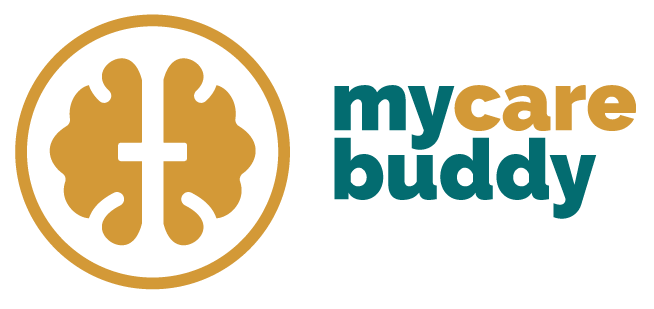Mentally Aware Child
In this digital age, it is essential for the African child to possess digital skills that make them valuable assets in the ever-evolving digital world. With the rise of technology and the importance it plays in society, it is crucial for parents and guardians to ensure that their children have the necessary skills required to thrive in the digital space.
However, it is important also to acknowledge the fact that the African child needs to be mentally aware of the effects and impacts of technology on their physical and emotional well-being. Therefore, creating a balance between acquiring digital skills and being mindful of the impact of technology is crucial.
There are various resources available for parents and guardians to acquire digital skills for their children. One such resource is the World Wide Web Consortium’s (W3C) Web Accessibility Initiative (WAI), which provides information on web accessibility and designing websites that are user-friendly for all individuals, including persons with disabilities. Other resources include applications like scratch.edu, oppia, khan academy and techno friends, online courses, digital literacy programs, and educational websites, among others.
In addition to providing children with digital skills, parents and guardians need to be actively involved in their children’s lives to ensure they are aware of the effects of technology on their well-being. There is a need to have open conversations with children about the impact of technology on socialization and developing healthy relationships. Parents should try as much as possible to build stable relationships with their children, and have healthy communication. They should make their children understand why they are taking certain measures like monitoring what they do on the internet in order to avoid misconceptions on the part of the children that their parents are spying on them. Parents and guardians can also set boundaries for technology use and encourage outdoor activities and social interactions.
Furthermore, it is essential to understand the methods that children are raised in the African society to better cater to their needs for digital skills acquisition. In most African societies, children are raised under the collective responsibility of the community, where they learn from their peers and elders. Therefore, it is vital to ensure that digital literacy programs cater to each child’s individual pace and style of learning.
Children with special needs are not left out, it is important that understanding plays an important role in raising them. Empathy plays a major role in ensuring children who have special needs e.g, speech impaired, autistic kids etc feel safe. They want to be understood and be treated to feel normal, therefore whether your are a parent of such a child, a caregiver or even a stranger please as much as possible help them in anyway you can, understand how they want to be loved and attend to their needs when required.
In conclusion, the mentally aware African child in a digital world requires access to appropriate and relevant digital skills, active involvement from parents and guardians, and an understanding of the traditional methods by which they are raised. It is important to achieve a balance between acquiring digital skills and being mindful of the effects of technology on mental well-being. By doing so, the African child will be able to navigate the digital world with confidence and awareness. For consultations on anything relating to the mental health of your ward please do reach out to us at Mycarebuddy.

